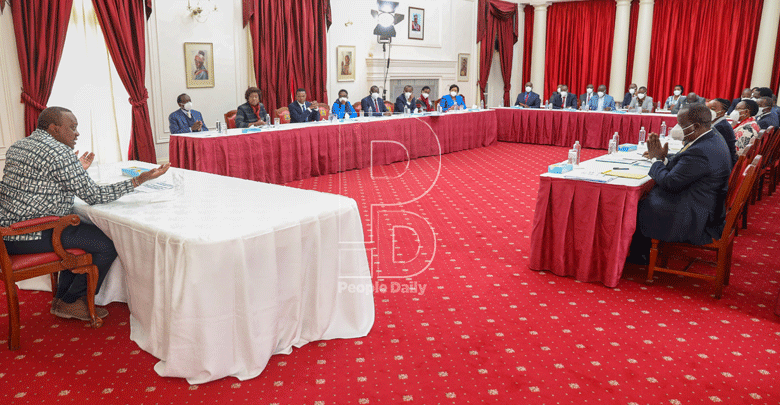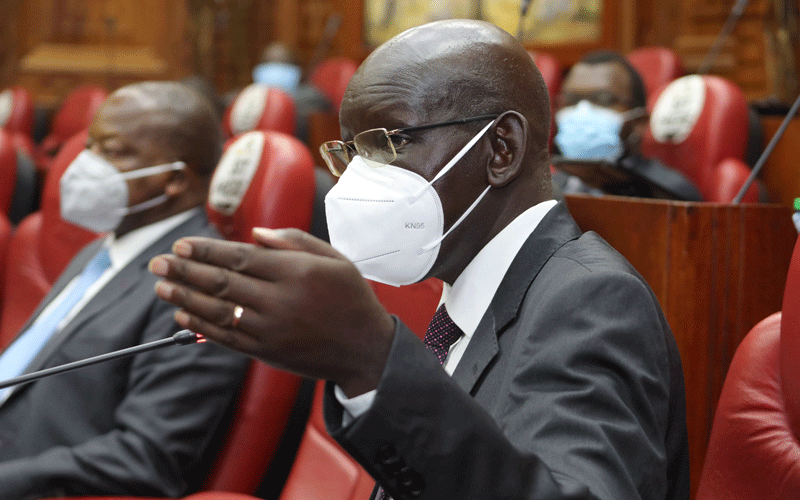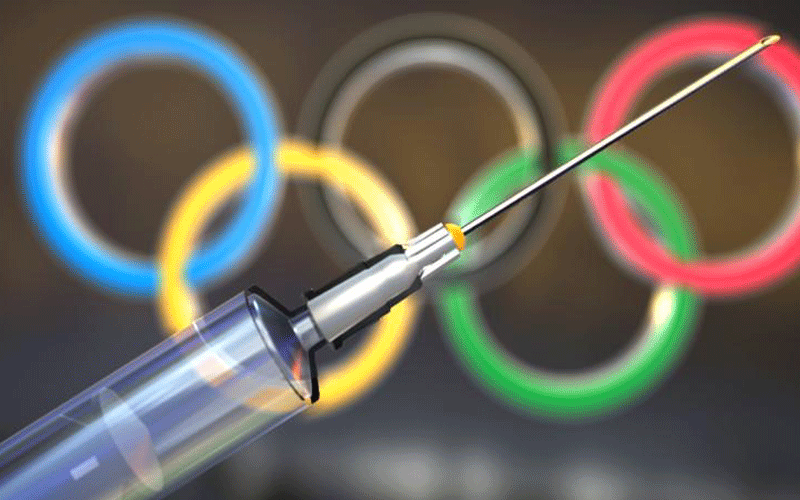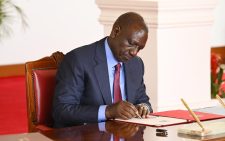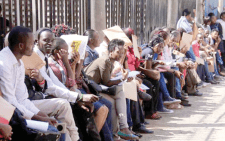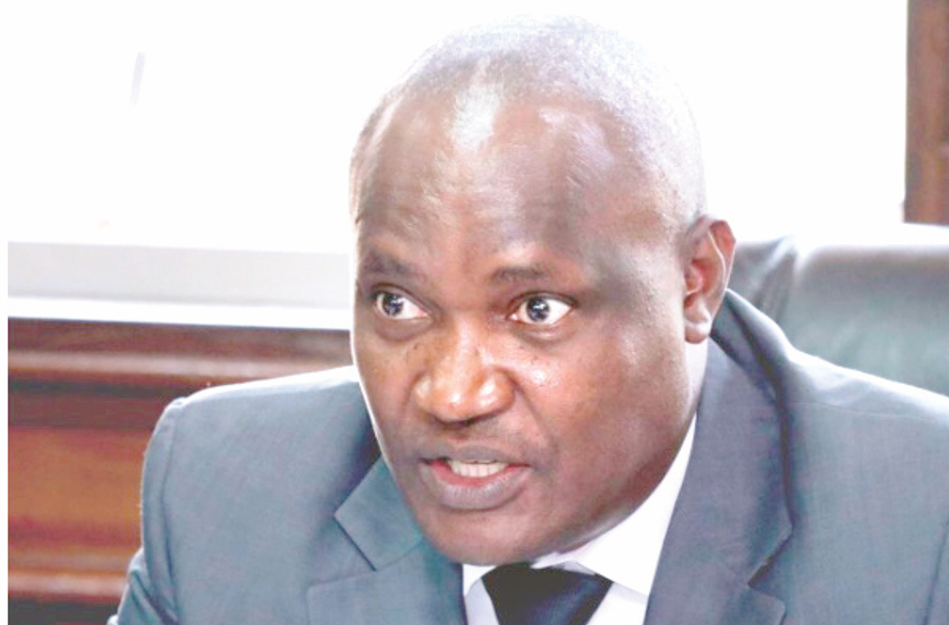It’s black Easter for tourism sector

The impact of a third Covid-19 wave that saw a lockdown of five counties and introduction of additional strict safety measures, just days before Easter, is another blow for already devastated industry.
Harriet James @harriet86jim
The recent announcement by the state to lockdown Nairobi and four adjoining counties in a bid to halt soaring Covid-19 infection rates, as well as extending existing measures has crippled operations of hotels and travel agencies who had already received thousands of Easter holiday reservations.
President Uhuru Kenyatta, during the announce last week, said between January and February, three people died each day with Covid-19, but since March, the number grew up to seven per day, the highest since the pandemic began.
An evening curfew from 8pm to 4am has also been imposed, and restaurants and eateries have been ordered to provide take away services only.
All these restrictions mean cast a drk cloud on he tourism industry during one of the most popular holidays on the calendar.
Already agents and hotels, which were fully booked, have received calls of cancelation and had to refund clients’ monies.
Wanjiku Gacheru, a travel agent and the CEO of Village Girl Adventures, says she had scheduled an overland roadtrip to western Kenya with highlights including a tour of Kakamega forest, Rusinga Island, Mbita Ferry, Mfangano Island and Takawiri.
With the cessation of movement in and out of the restricted area where most of her clients come from, this plan is cancelled and she has to refund her clients’ cash.
“Personally I’m lost. I was just going about my work and hadn’t heard about the president’s decree, when a client called me asking the way forward with her payments. I didn’t know what to tell her.
I had a group of 18 clients all set for the trip. Now I have to go back to the drawing board and come up with packages and outdoor activities within the mapped up block,” she laments.
She adds that even though things were slowly recovering from massive cancellations after the first lockdown, her business had began looking up.
Ekrah Kimani, the CEO of Yofi Adventures had also planned to take her clients to Masaai Mara and Samburu, but has been forced to redirect routes.
Stuck within zoned area
“This is a big blow to the industry since most of destinations are outside Nairobi.
Now, we will be heading back to Ngong, Nachu and other destinations within the zoned area. This also calls for discovering new places within the red zone,” she says
Gitonga Wandai, the team leader of Hikemaniac Kenya, a hiking, trekking and safaris company had planned for hikes to Mount Kenya and Mount Kilimanjaro, but all this had to be cancelled.
“We are returning to the same season of the outbreak of the pandemic last year and it’s not good for business.
These decisions are hitting small businesses hard, and at a time when we were starting to recover,” he says.
Ministry of Tourism data shows the sector lost close to Sh109.5 billion ($1 billion) in revenue between January and October, 2020. During this period, the numbers of foreign visitors fell by two thirds due to the pandemic.
The sector, which employs over two million people al so experienced massive job losses.
Tourism Cabinet Secretary Najib Balala was optimistic that the arrival of vaccines would improve the situation, but with the president’s decree, many fear it will reverse fortunes and momentum gained in the year.
“Before the pandemic, our hotels at the Coast, Naivasha, Masai Mara were fully occupied and booked with local tourist, but right now, there are cancelations everywhere, which will reverse gains made during the year.
I wish the president ordered partial closure, but be strict on adherence to Covid -19 protocols, instead of completely locking down a whole area,” says John Musau, travel expert and the general manager of Tamarind Hotel.
usau says most Nairobi hotels are also affected further by ban of alcohol and food sales.
“This new directive will mean hotels have to close again completely, meaning a lot of job losses.
This means we will immediately terminate contracts and send casuals away,” he notes.
Tuva Mwahunga, the general manager of Severin Sea Lodge Hotel in Mombasa says clients who had booked with them had to quickly travel to Nairobi to catch their flights back home.
“We had closed down in April last year and only reopened this week. We are offering discounted rates, but the lockdown now means clients cannot travel.
It will help if vaccination is done quickly and hotel and other tourism industry staff counted as front liners,” he says.
Calls to relax rules
Most lodges and camps in Masai Mara Game Reserve are reporting more than 70 per cent Easter cancellations of local tourists since Monday.
There are fears that if the government does not rethink and relax some rules, it will affect the July-September peak season.
Workers who had been recalled to handle a big volume of visitors during this long weekend, have subsequently been sent back home.
“We thought we were on the way to recovery, but the tough rules by the government is forcing us back to the woodwork.
It happens when international arrivals had already started,” said John Pere, the manager of the prestigious five star Keekorok Lodge, which had already brought food and other necessities from Nairobi ahead of the holidays, most of which will go to waste.
Patrick Wanjohi, the CEO of Into Africa Eco Travel Ltd and Lilly Waddington of UK Magical Safaris Limited said they have started refunding money to travellers who would have visited the country between the first week of April and June, terming the imposition of travel restrictions as unfortunate.
They said the government should have fastened vaccination of its citizens for slow return of pre Covid-19 days, instead of resorting to the lockdown, adding that most of their clients had already been vaccinated.
“With the discovery of vaccines, the world is slowly moving out of travel restrictions.
Before peak season in the Mara and the Coast, all our clients would have only needed vaccination certificates to travel,” said Wanjohi.
Wadington said the government rushed to take action before consulting widely, adding that massive layoffs in the industry was in the offing if some measures are not relaxed or done away with altogether.
Agnes Mukuha, the head of Kenya Association of Travel Agents feels that the imposition of the lockdown is a disappointment to the tourism industry. “Many travel agents were banking on the Easter bookings to improve their cash flows.
The fact that, the season was cancelled last year and again this year means heavy losses for them, as they continue to have high fixed costs, delayed payments from governments and cancellation refunds from airlines.
In fact, the financial situation facing many travel agency businesses is crushing,” she notes.
For the over 5000 safari guides, who are part of the supply chain in the tourism sector, the lockdown means a total loss of incomes and livelihoods.
“Most tour guides were totally dependent on domestic travellers and few international clients.
Business was picking up well, albeit slow and we had high hopes of even bigger volume of travellers as we witnessed the first chartered flight from Romania with 300 tourists two weeks ago,” says Felix Migoya, East Africa Tour Guides and Drivers Association secretary general.
Most safari guides, especially the freelancers supplement other tour firms by providing tour vehicles for lease.
Some, including Felix had invested heavily on this customised land cruisers in readiness for the season last year.
Now they are all left with bank loans to service with no hope of respite soon.
“Immediate help would be cash stipends following the announcement of Sh500million stimulus package to the Ministry of Tourism last year, in which up to date, we haven’t received.
We need bailout for Small and Medium Entreprise tour operators with turnover of below five million, who have been affected by the cancellation policy where clients demand 100 per cent refund.
We need renegotiated loan terms,” he says. Additional reporting by Peter Leshan.
